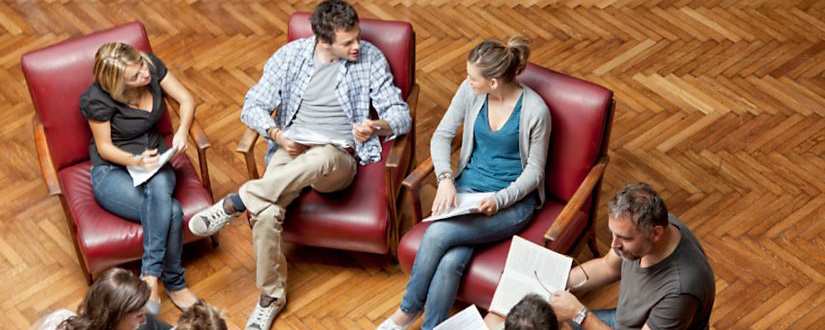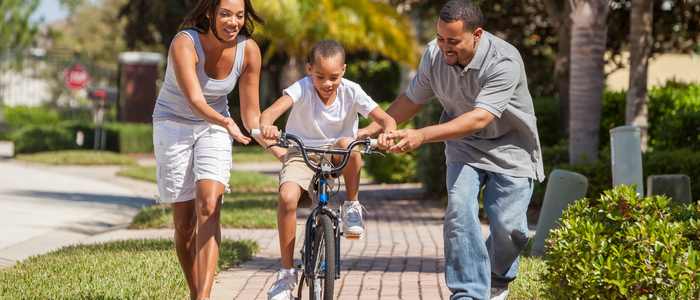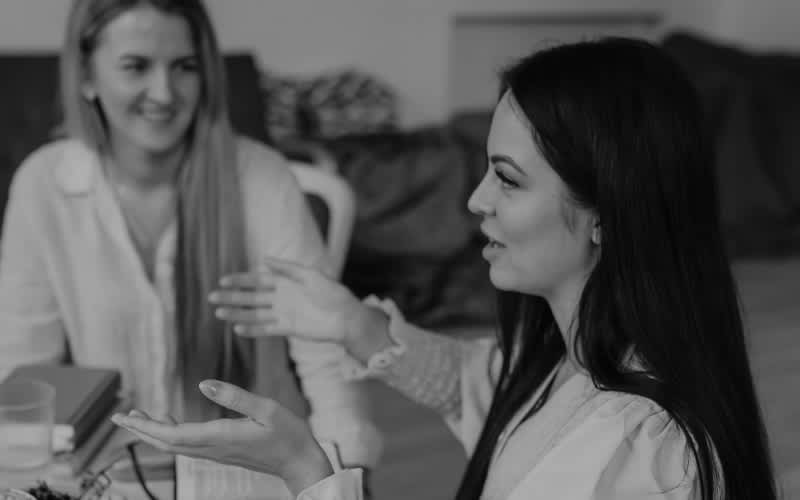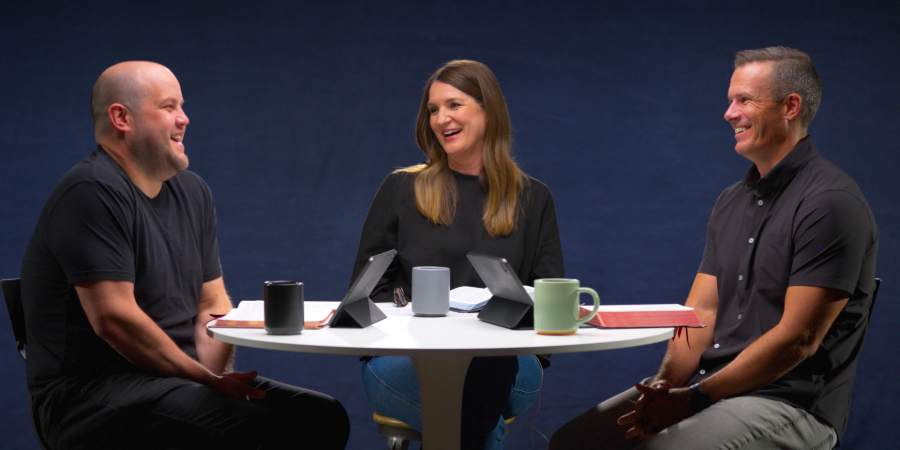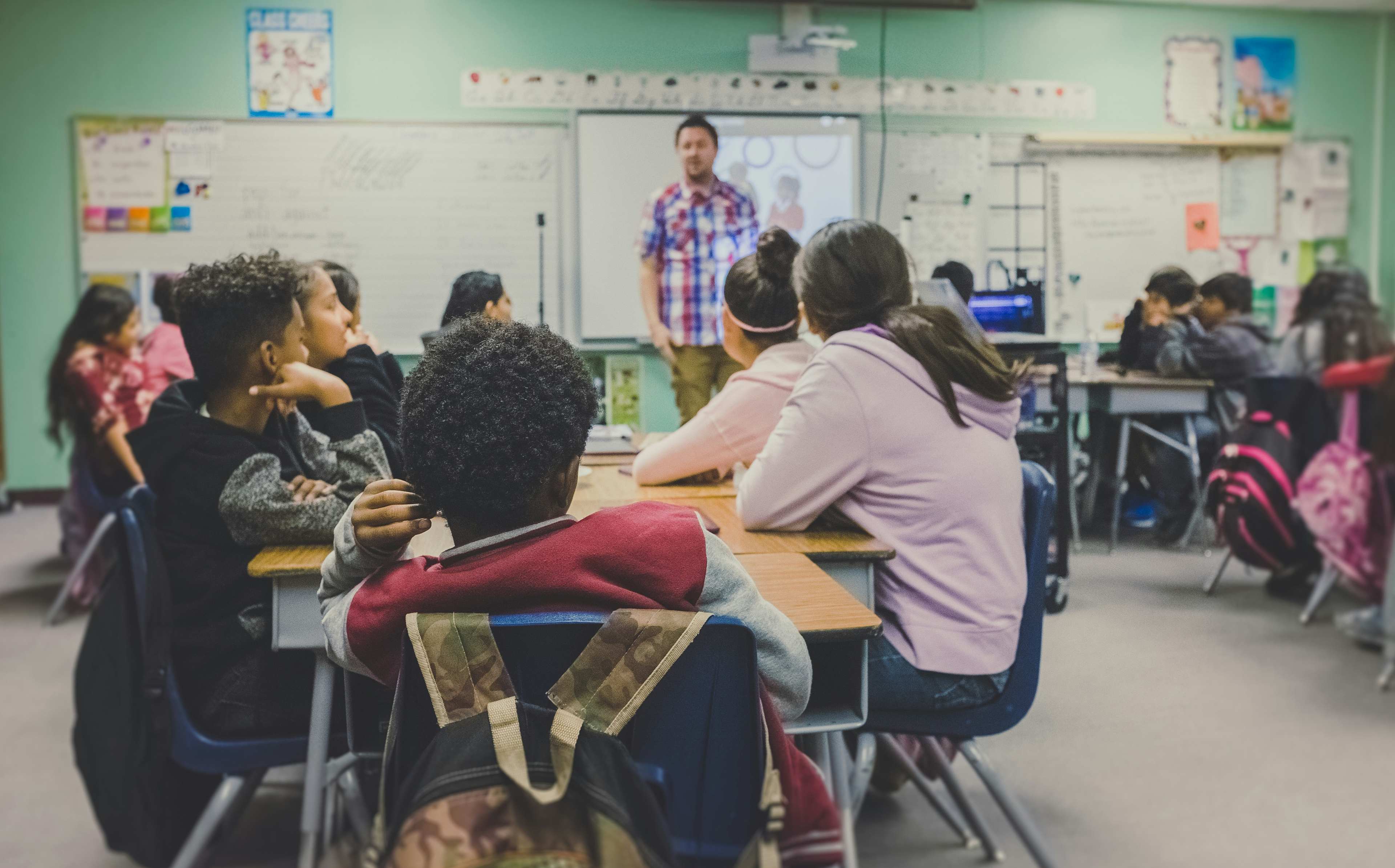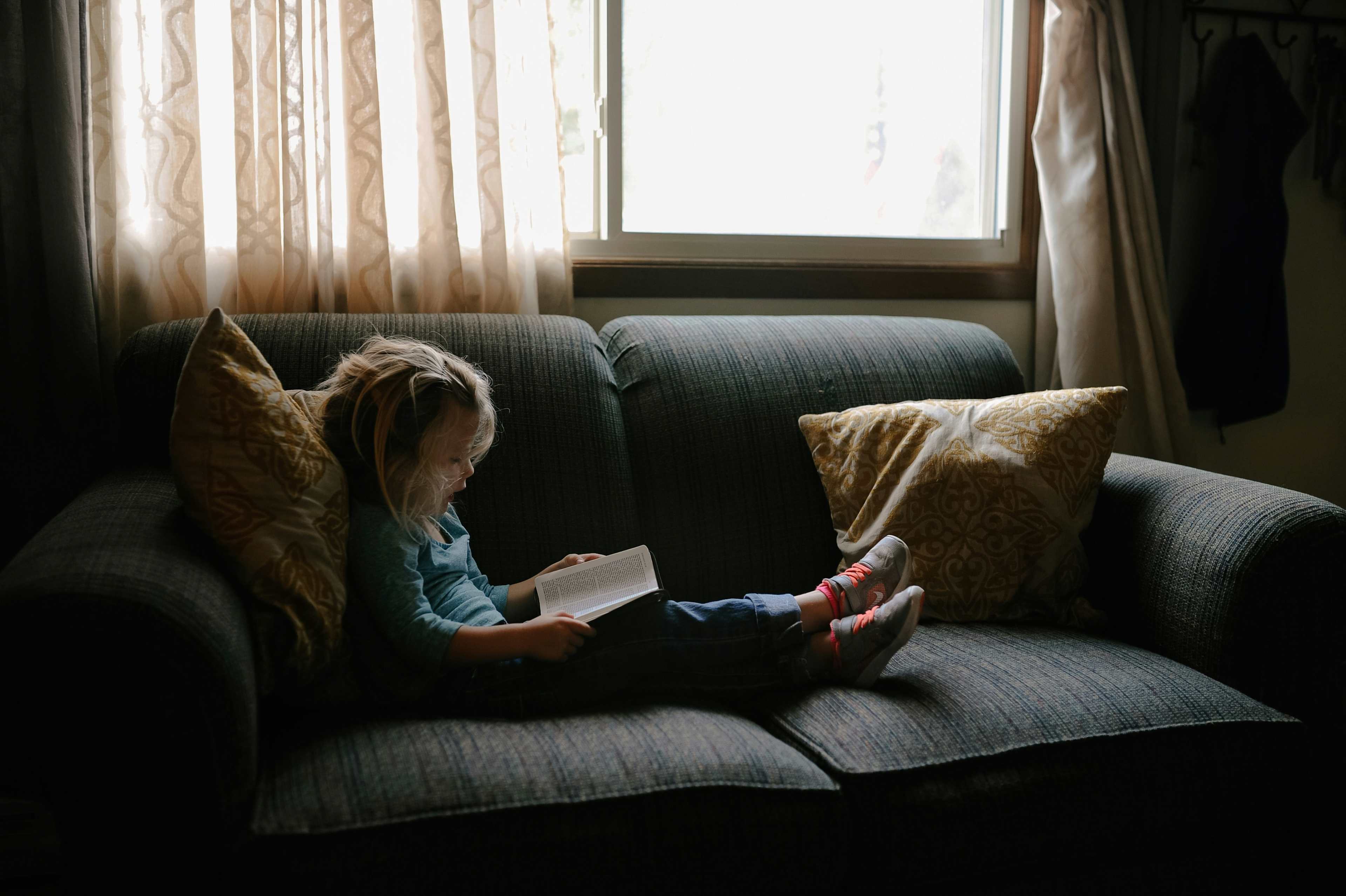
Helpful articles to enrich your Christian walk.
Sermons
- Lifeway Pastors
- Lifeway Pastors
Recent
Paul's letter to the Romans offers timeless truth—calling believers to unity, faith, and love in a broken world, anchored in God's original design.
May 20, 2025
What if the old saying “You are what you eat” points beyond health to holiness? Explore how this phrase echoes a sacramental truth about identity, spiritual formation, and the transformative power of Christ in us.
May 20, 2025
Deepen your church’s discipleship with a Christ-centered program rooted in Scripture, doctrine, and spiritual practices. Discover Deep Discipleship.
May 19, 2025
Discover a God-centered vision for discipleship that calls the church to deeper engagement with Scripture, doctrine, and the glory of God through Christ.
May 18, 2025
Why following Jesus means more than receiving from Him — it means believing in who He truly is.
May 16, 2025
Change can be hard, but with some planning and preparation, school transitions can be smooth and even fun.
May 13, 2025
- Jana Magruder
Here are four reasons VBS is critical to the mission of your church—making disciples and reaching your neighbors with the gospel.
May 8, 2025
Discover how to extend the impact of Bible storybooks beyond story time by weaving Scripture into kids’ daily lives, encouraging reflection, engaging study, and pointing them to the gospel’s central truth.
May 8, 2025
Excerpt from Remember and Rehearse by J.T. English. Remember and Rehearse will help readers understand the whole story of Scripture.
May 6, 2025
Trending
March 17, 2025
- Chasity Phillips
March 25, 2025
April 8, 2025
March 2, 2018
- Joe Beckler
August 21, 2024
- Lifeway Staff
June 30, 2024
- Brooks Faulkner
September 15, 2024
